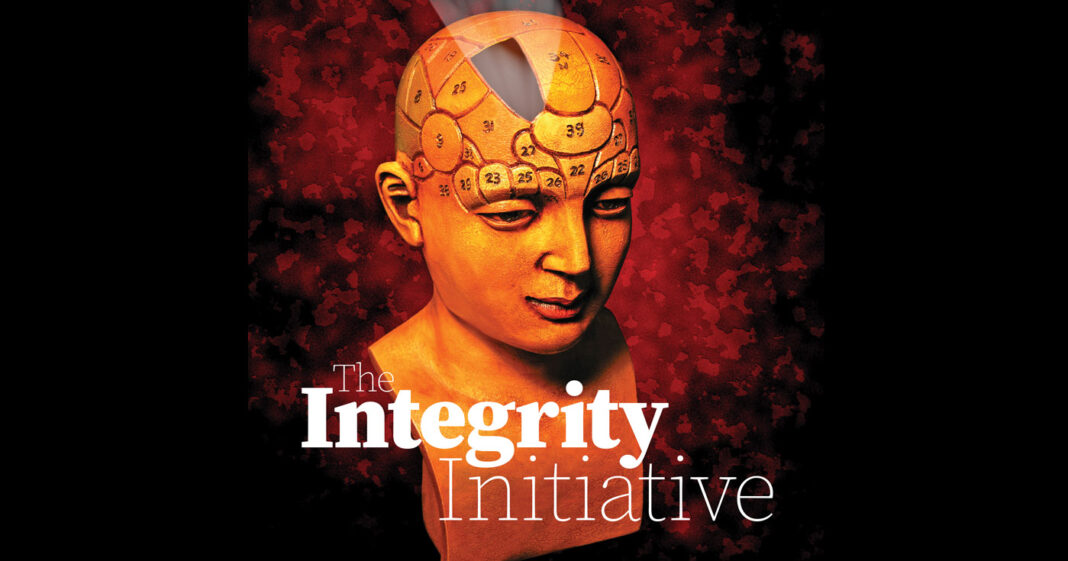
Wouldn’t we all like to see political decision-makers put our shared interests ahead of their own?
Take, for example, a number of leading industrialized countries around the world, where at the height of the Covid-19 crisis some politicians found new opportunities to enrich themselves or to consolidate power—often side-stepping anti-corruption measures.
Even if much of this happened behind closed doors, citizens were aware of resources being skewed in favor of certain powerful groups. Whether it’s perceptions of government corruption and impunity for wrongdoings or the use of personal connections when accessing public services, the results challenge the image of these otherwise respected countries as places of integrity.
Business and government intertwined People increasingly scrutinize the cozy relationship between business and government when it is unclear what ties the policy-makers have to the business community, there is a risk that politics and regulations are made in favor of narrow private interests rather than the common good.
Consequently, both the private sector and governments call for immediate and coordinated action against a growing problem. Governments have much work to do to free decision-making from undue influence. This cozy relationship between business representatives and government officials also brings home the message that building political integrity requires more than fighting public sector corruption.
Governments and private institutions need to make immediate and concerted efforts to ensure that the lives of ordinary people are free of corruption. They should:
1. Build people’s trust and participation by ensuring that decision-making is fully transparent, enabling citizens to hold governments to account.
2. Protect all who expose corruption, including through the protection of whistle-blowers.
3. Safeguard against undue influence in politics through improving transparency of all lobbying activities and tackling conflicts of interest among officials.
4. Build integrity standards in the private sector by strengthening corporate anti-corruption standards.
5. Improve corporate tax transparency and prevent tax avoidance. I am sure you’ve read the Pandora Papers also with disgust. Calls are growing internationally and hopefully locally also for an end to financial secrecy that has allowed many of the world’s richest and most powerful people to hide their wealth from tax collectors. I was surprised about the names of local and international persons appearing in the Pandora Papers.
6. Reduce opportunities for corruption in government contracting by improving the availability and quality of public procurement data and inviting civil-society organizations to observe the contracting processes.
7. Ensure accountability for abuses of power, including breaches of the rule of law governments and private sector accomplices, through effective monitoring, enforcement and dissuasive sanctions.
Let’s clearly understand that the future of our societies hangs in the balance. It is up to citizens like you and me to create change. I admire the work done by Transparency International! That organization is committed to making the voices of people like us be heard by those in power—both in government and in the private sector. If you, too, would like the common good to prevail, please become active and create Integrity Circles.
The time for change is now. Let’s work together in the Integrity Initiative/in Integrity Circles. Feedback is appreciated—contact me at hjschumacher59@gmail.com

